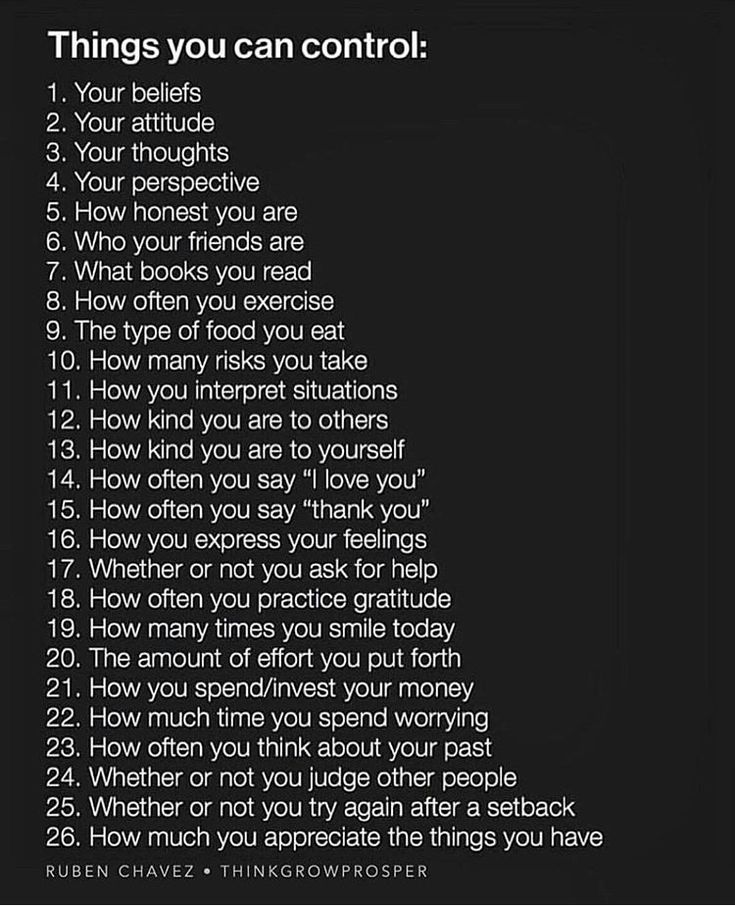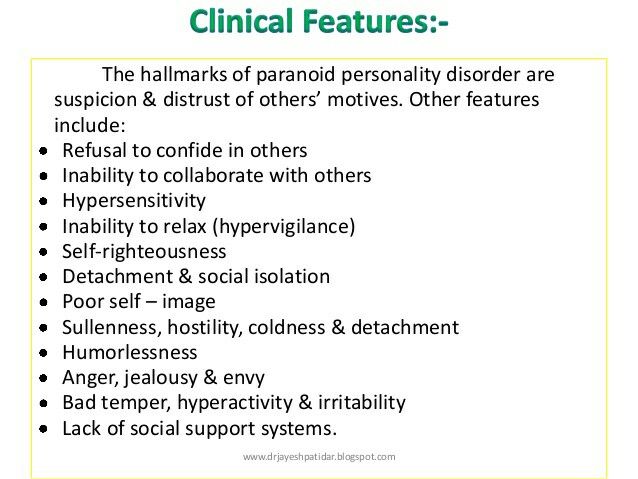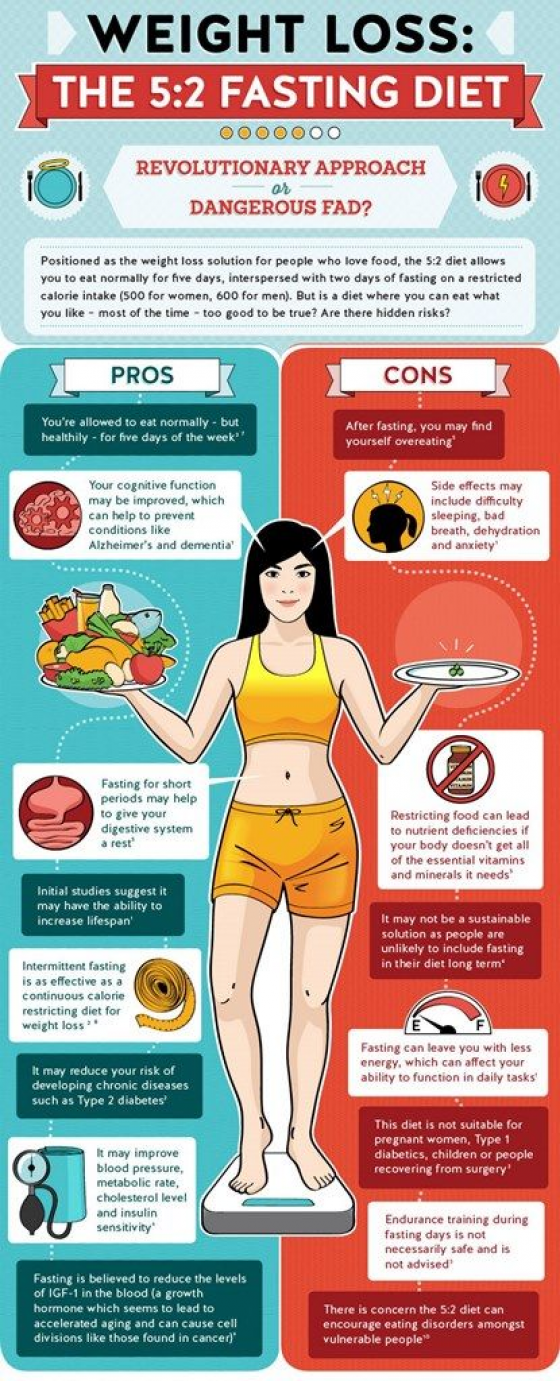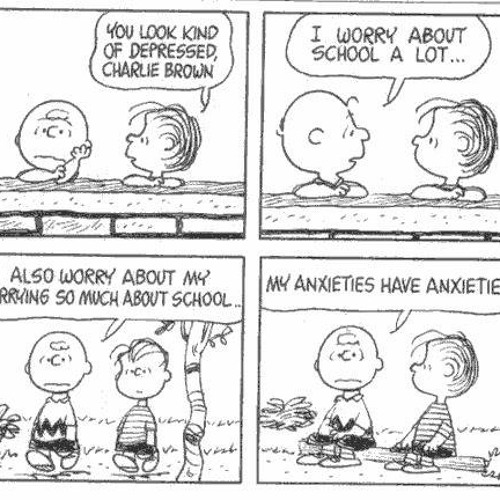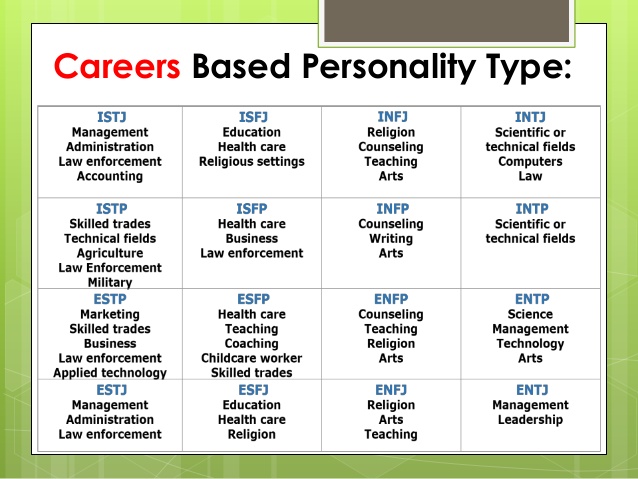How long do antidepressants take to work fully
Do Antidepressants Work Right Away?
Antidepressants can improve symptoms of depression. But, are the results immediate?
If you’re thinking about starting a new antidepressant or you just got a prescription from a health professional, you may have questions, including how long the drug will take to work.
The answer to this question depends on many factors, including:
- the severity of your symptoms
- whether you’re going to therapy
- the type of medication you’re taking
You may have taken the courageous step to seek professional help for depression. Your symptoms can be managed, and antidepressants have helped many people.
Most antidepressants don’t work right away. Or at least, you may not notice the changes right away.
Many of them, such as selective serotonin reuptake inhibitors (SSRIs) and serotonin-norepinephrine reuptake inhibitors (SNRIs), generally take about 2 to 8 weeks to work.
However, a newer class of antidepressants known as N-methyl-d-aspartate (NMDA) receptor blockers may work faster in some cases. You may feel their effect on your mood within hours or days of receiving your first dose.
Why is that?
Different types of antidepressants work on different chemicals in your brain called neurotransmitters. Neurotransmitters help transfer messages from nerve cells to other cells in your brain and body.
Examples of neurotransmitters commonly affected by antidepressants include:
- dopamine
- norepinephrine
- serotonin
Newer antidepressants work on other types of neurotransmitters, such as:
- gamma-aminobutyric acid (GABA)
- glutamate
This makes a difference in terms of how long antidepressants take to work. Here’s why.
SSRIs and SNRIs
SSRIs work by preventing serotonin from being taken up by nerve cells, so more serotonin is available to send messages. SNRIs do the same with serotonin but also norepinephrine.
Commonly prescribed SSRIs include:
- citalopram (Celexa)
- escitalopram (Lexapro)
- fluoxetine (Prozac)
- paroxetine (Paxil)
- sertraline (Zoloft)
Examples of commonly used SNRIs include:
- desvenlafaxine (Pristiq)
- duloxetine (Cymbalta)
- levomilnacipran (Fetzima)
- venlafaxine (Effexor)
Scientists believe that having more neurotransmitters freely available in your brain helps you make more positive interpretations of your experiences.
Over time, your brain makes new connections associated with these positive interpretations.
As new nerve pathways are formed, your mood and behaviors improve.
But, it may take a few weeks for you to experience these changes. Even though the antidepressant is working right away, it takes some time to manifest in your mood and behaviors.
NMDA receptor blockers
Esketamine (Spravato) is a new antidepressant that belongs to the class of drugs called NMDA receptor blockers.
Esketamine is used along with psychotherapy to treat depression symptoms when other medications haven’t worked.
Esketamine works by blocking NMDA receptors in your brain, which stimulate your brain cells to release more of the neurotransmitter glutamate.
Glutamate is the most abundant and the primary excitatory neurotransmitter in your brain. Excitatory neurotransmitters prompt your cells to take action.
Because not everyone experiences depression in the same way, the signs that an antidepressant is working may also vary.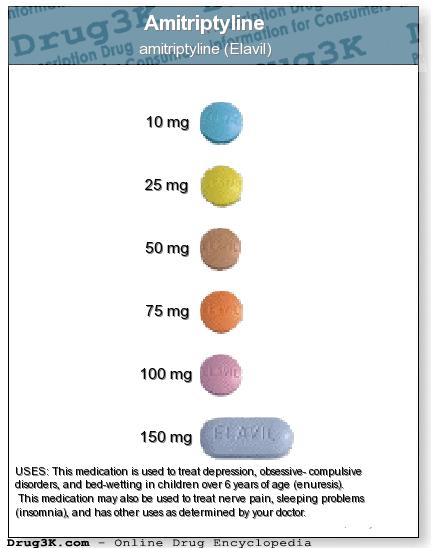
Some common indicators that your antidepressant medication has kicked in may include any of the following:
- Feelings of guilt may decrease.
- You may feel more hopeful about yourself and life.
- Suicidal thoughts and behaviors may lessen.
- You may have more energy and motivation to do things.
- You may once again want to do activities that you used to enjoy before.
- You may sleep better.
- You may start feeling like you used to.
- Anxiety symptoms may also improve.
- Your appetite may improve.
Getting used to a new antidepressant takes some time.
When you first start taking an antidepressant, you may notice side effects before you feel relief during the first few weeks.
It’s not unusual to experience any of the following side effects during the first month of your antidepressant treatment:
- dizziness
- dry mouth
- headache
- nausea
- sleep disturbances
These side effects should decrease with time, and you should begin to feel your mood and symptoms improve.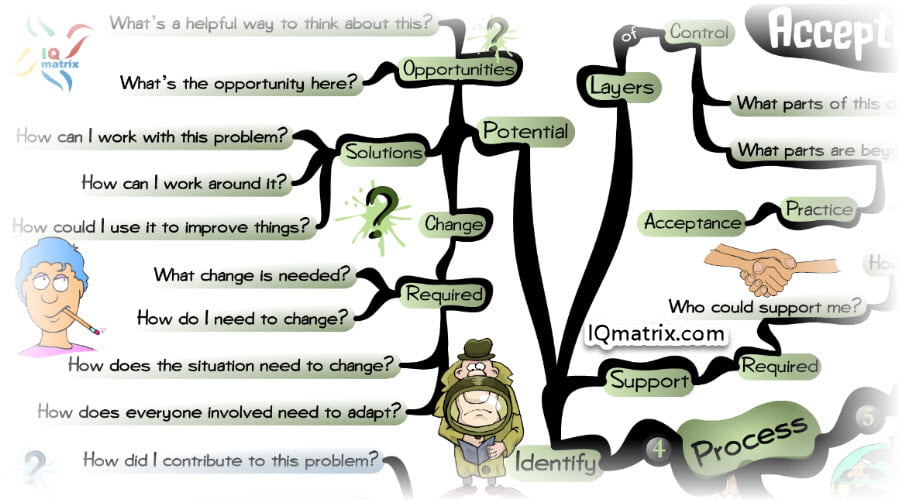
If you don’t notice improvement after about 8 weeks, try talking with your health professional. They may decide that a change in dosage may help.
It’s highly recommended that you don’t adjust your dosage or stop taking the medication without consulting with a professional first.
It’s understandable to want your antidepressant to start working right away.
You may feel discouraged or frustrated with the side effects you initially feel. But, it’s often a good idea to be persistent.
If you stick to your prescribed treatment, you’ll notice that the side effects will likely diminish, and your symptoms may improve.
In fact, each day that you continue to take your antidepressant, your brain is making new connections to help you create pathways to more positive thoughts and behaviors.
It’s important to remember that everyone experiences their depression symptoms differently and has different reactions to medications.
Consider talking with your mental health professional about any concerns you may have about your depression medication and side effects. For example, if you can take antidepressants when breastfeeding or if you can drink when taking medication. The professional has the experience needed to guide you and explain any reactions you may be having.
For example, if you can take antidepressants when breastfeeding or if you can drink when taking medication. The professional has the experience needed to guide you and explain any reactions you may be having.
These are some examples of questions you may want to discuss with your health team:
- Can I stop taking my antidepressant if my side effects don’t improve?
- If this antidepressant doesn’t work for me, will another one work better?
- Can I take my new antidepressant with my other medications?
- What should I do if my depression symptoms get worse?
- Will I eventually get off the antidepressant if my depression symptoms improve?
- What precautions should I take when taking my antidepressants?
- Do I need to do something else besides taking antidepressants?
- What happens if I forget to take my medication?
Antidepressants can be effective in treating symptoms of depression. How long they take to work may depend on many factors.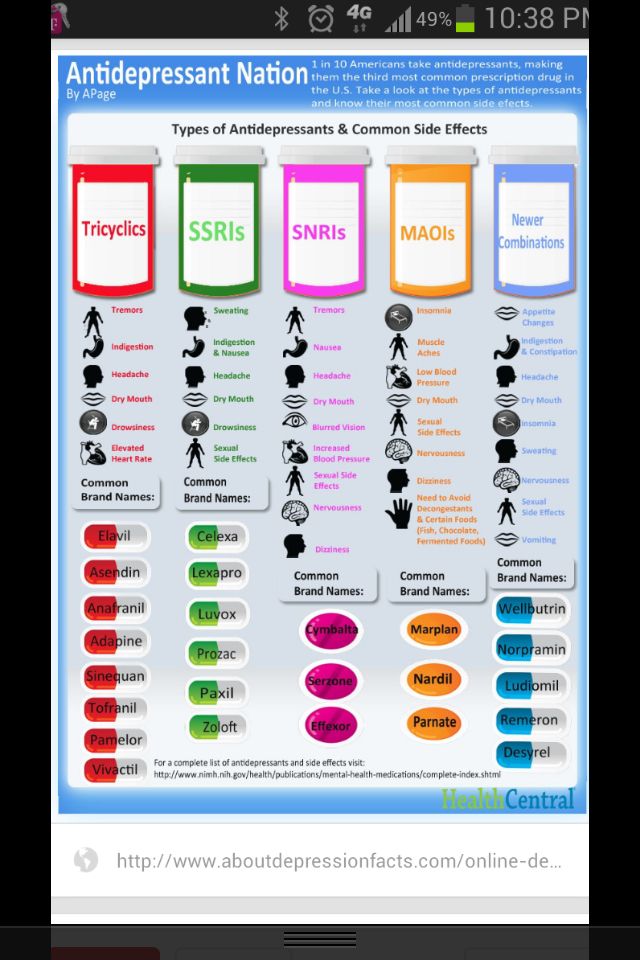
Most antidepressants typically take up to 8 weeks to work. However, each person reacts differently to medications.
The time it takes for your antidepressant to begin working will vary based on how your body reacts to the medication and what your symptoms are.
Although you may not feel the effects right away, your brain is hard at work making new pathways and connections as soon as you begin taking your antidepressant.
Professional and social support is also important during this time.
Symptoms of depression can be managed, and considering professional treatment is an important step toward improving how you feel.
Do Antidepressants Work Right Away?
Antidepressants can improve symptoms of depression. But, are the results immediate?
If you’re thinking about starting a new antidepressant or you just got a prescription from a health professional, you may have questions, including how long the drug will take to work.
The answer to this question depends on many factors, including:
- the severity of your symptoms
- whether you’re going to therapy
- the type of medication you’re taking
You may have taken the courageous step to seek professional help for depression.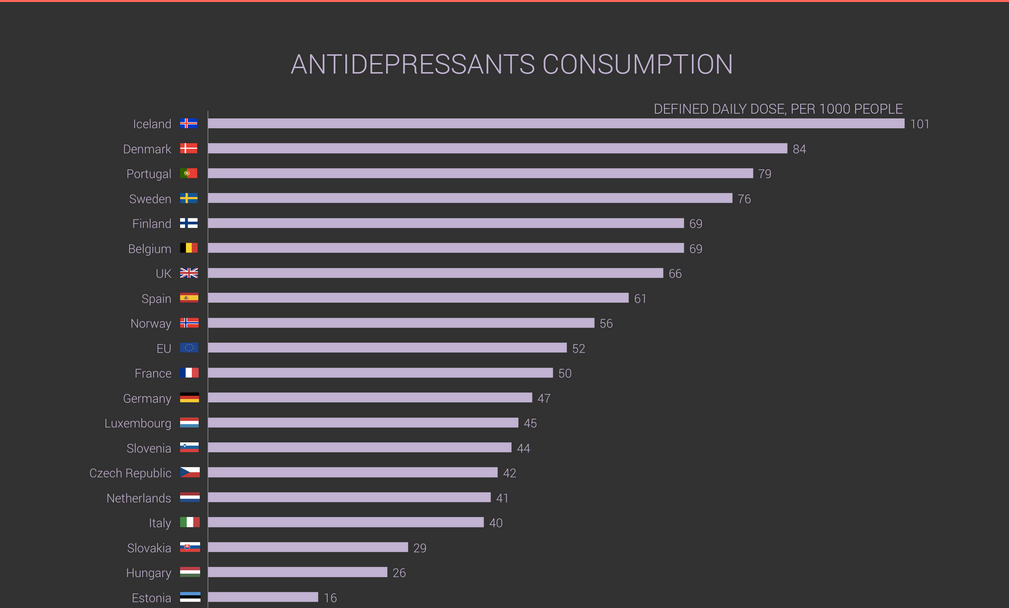 Your symptoms can be managed, and antidepressants have helped many people.
Your symptoms can be managed, and antidepressants have helped many people.
Most antidepressants don’t work right away. Or at least, you may not notice the changes right away.
Many of them, such as selective serotonin reuptake inhibitors (SSRIs) and serotonin-norepinephrine reuptake inhibitors (SNRIs), generally take about 2 to 8 weeks to work.
However, a newer class of antidepressants known as N-methyl-d-aspartate (NMDA) receptor blockers may work faster in some cases. You may feel their effect on your mood within hours or days of receiving your first dose.
Why is that?
Different types of antidepressants work on different chemicals in your brain called neurotransmitters. Neurotransmitters help transfer messages from nerve cells to other cells in your brain and body.
Examples of neurotransmitters commonly affected by antidepressants include:
- dopamine
- norepinephrine
- serotonin
Newer antidepressants work on other types of neurotransmitters, such as:
- gamma-aminobutyric acid (GABA)
- glutamate
This makes a difference in terms of how long antidepressants take to work.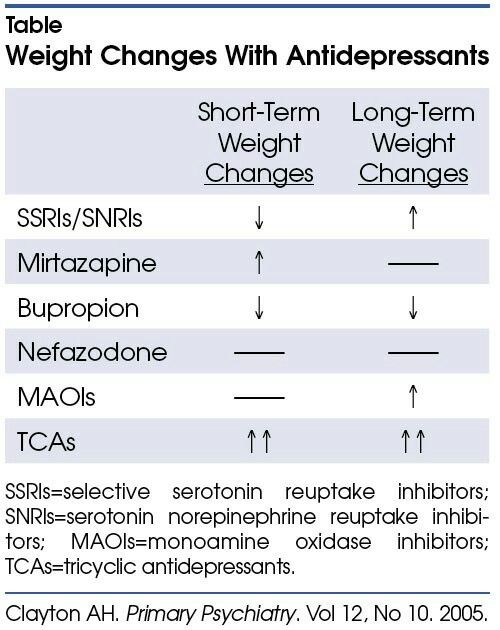 Here’s why.
Here’s why.
SSRIs and SNRIs
SSRIs work by preventing serotonin from being taken up by nerve cells, so more serotonin is available to send messages. SNRIs do the same with serotonin but also norepinephrine.
Commonly prescribed SSRIs include:
- citalopram (Celexa)
- escitalopram (Lexapro)
- fluoxetine (Prozac)
- paroxetine (Paxil)
- sertraline (Zoloft)
Examples of commonly used SNRIs include:
- desvenlafaxine (Pristiq)
- duloxetine (Cymbalta)
- levomilnacipran (Fetzima)
- venlafaxine (Effexor)
Scientists believe that having more neurotransmitters freely available in your brain helps you make more positive interpretations of your experiences.
Over time, your brain makes new connections associated with these positive interpretations.
As new nerve pathways are formed, your mood and behaviors improve.
But, it may take a few weeks for you to experience these changes. Even though the antidepressant is working right away, it takes some time to manifest in your mood and behaviors.
NMDA receptor blockers
Esketamine (Spravato) is a new antidepressant that belongs to the class of drugs called NMDA receptor blockers.
Esketamine is used along with psychotherapy to treat depression symptoms when other medications haven’t worked.
Esketamine works by blocking NMDA receptors in your brain, which stimulate your brain cells to release more of the neurotransmitter glutamate.
Glutamate is the most abundant and the primary excitatory neurotransmitter in your brain. Excitatory neurotransmitters prompt your cells to take action.
Because not everyone experiences depression in the same way, the signs that an antidepressant is working may also vary.
Some common indicators that your antidepressant medication has kicked in may include any of the following:
- Feelings of guilt may decrease.
- You may feel more hopeful about yourself and life.
- Suicidal thoughts and behaviors may lessen.
- You may have more energy and motivation to do things.
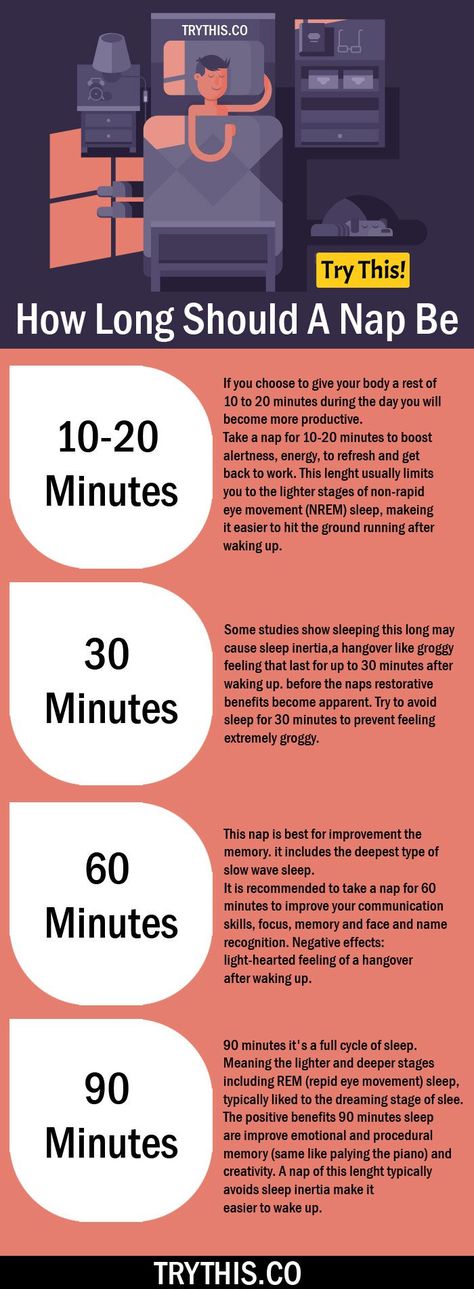
- You may once again want to do activities that you used to enjoy before.
- You may sleep better.
- You may start feeling like you used to.
- Anxiety symptoms may also improve.
- Your appetite may improve.
Getting used to a new antidepressant takes some time.
When you first start taking an antidepressant, you may notice side effects before you feel relief during the first few weeks.
It’s not unusual to experience any of the following side effects during the first month of your antidepressant treatment:
- dizziness
- dry mouth
- headache
- nausea
- sleep disturbances
These side effects should decrease with time, and you should begin to feel your mood and symptoms improve.
If you don’t notice improvement after about 8 weeks, try talking with your health professional. They may decide that a change in dosage may help.
It’s highly recommended that you don’t adjust your dosage or stop taking the medication without consulting with a professional first.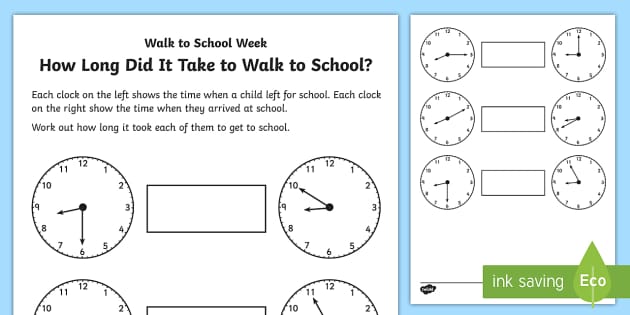
It’s understandable to want your antidepressant to start working right away.
You may feel discouraged or frustrated with the side effects you initially feel. But, it’s often a good idea to be persistent.
If you stick to your prescribed treatment, you’ll notice that the side effects will likely diminish, and your symptoms may improve.
In fact, each day that you continue to take your antidepressant, your brain is making new connections to help you create pathways to more positive thoughts and behaviors.
It’s important to remember that everyone experiences their depression symptoms differently and has different reactions to medications.
Consider talking with your mental health professional about any concerns you may have about your depression medication and side effects. For example, if you can take antidepressants when breastfeeding or if you can drink when taking medication. The professional has the experience needed to guide you and explain any reactions you may be having.
These are some examples of questions you may want to discuss with your health team:
- Can I stop taking my antidepressant if my side effects don’t improve?
- If this antidepressant doesn’t work for me, will another one work better?
- Can I take my new antidepressant with my other medications?
- What should I do if my depression symptoms get worse?
- Will I eventually get off the antidepressant if my depression symptoms improve?
- What precautions should I take when taking my antidepressants?
- Do I need to do something else besides taking antidepressants?
- What happens if I forget to take my medication?
Antidepressants can be effective in treating symptoms of depression. How long they take to work may depend on many factors.
Most antidepressants typically take up to 8 weeks to work. However, each person reacts differently to medications.
The time it takes for your antidepressant to begin working will vary based on how your body reacts to the medication and what your symptoms are.
Although you may not feel the effects right away, your brain is hard at work making new pathways and connections as soon as you begin taking your antidepressant.
Professional and social support is also important during this time.
Symptoms of depression can be managed, and considering professional treatment is an important step toward improving how you feel.
What you should know about antidepressants
Ekaterina Kushnir
treats anxiety disorder
I have generalized anxiety disorder.
For a long time I coped without pills and other help, but one day I got tired of constant anxiety and began to interfere with my normal life. As a result, I turned to a private psychiatrist.
The doctor prescribed an antidepressant from the SSRI group - these are selective serotonin reuptake inhibitors. Such drugs are the first thing prescribed in the treatment of depression and a number of other conditions, including my disease.
The doctor immediately warned me about some peculiarities associated with taking the drug.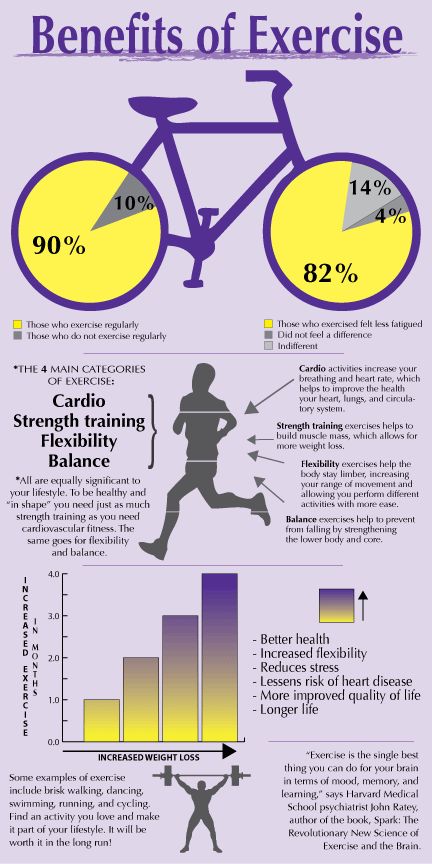 Some of them I then felt on myself. I think everyone who plans to be treated with antidepressants should know about them.
Some of them I then felt on myself. I think everyone who plans to be treated with antidepressants should know about them.
At the same time, it should be taken into account that most of the negative effects of therapy are temporary and not dangerous, and if they do not go away, one medicine can be replaced with another. Antidepressants help many people with mental disorders and other illnesses get rid of their symptoms and return to a full life, so you definitely should not be afraid of them. The main thing is to take such drugs when they are really needed: as prescribed by a competent doctor and under his control.
See a doctor
Our articles are written with love for evidence-based medicine. We refer to authoritative sources and go to doctors with a good reputation for comments. But remember: the responsibility for your health lies with you and your doctor. We don't write prescriptions, we make recommendations. Relying on our point of view or not is up to you.
Fact No. 1
Antidepressants may make symptoms worse at firstAntidepressants can increase anxiety in anxiety disorders, as well as cause irritability and agitation - this is the name for causeless motor arousal, the inability to sit still. It's not dangerous, but rather unpleasant. This condition is sometimes referred to as initial anxiety, that is, the anxiety of starting therapy. Up to 65% of people face it.
Antidepressant-induced anxiety syndrome - a systematic review in the British Journal of Psychiatry
There is also evidence that some classes of antidepressants, including SSRIs, may increase suicidal ideation in depression in young people aged 18 to 24 years. These data are not very reliable, and in older people, the risk of suicide no longer increases and even decreases.
Without treatment, depression is more likely to lead to suicidal thoughts, and in case of anxiety, you just need to prepare for such an effect, then it will be easier to survive the attacks.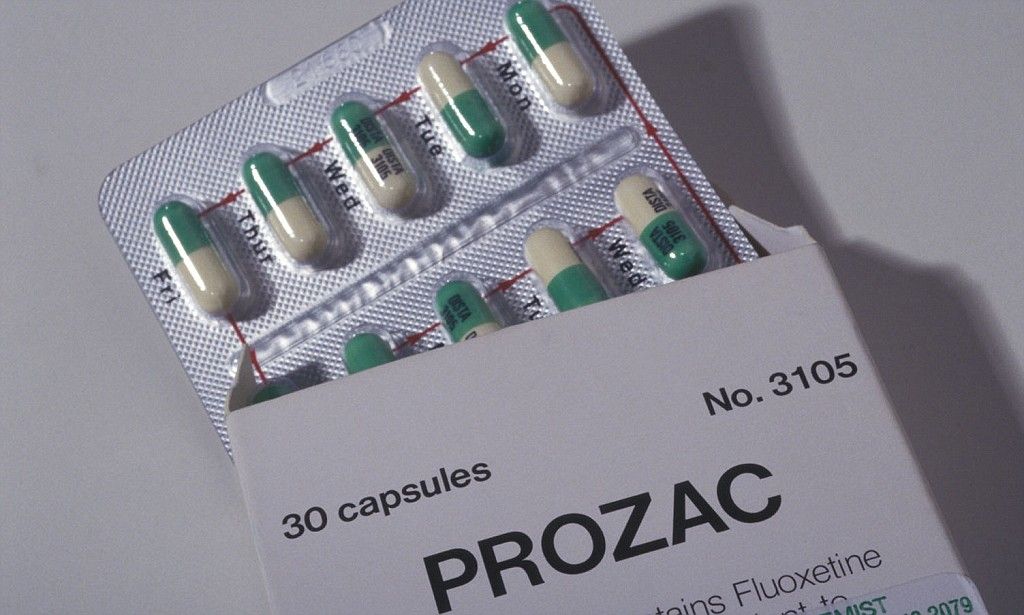
The doctor told me that in the first two or three weeks there may be an increase in anxiety, but I did not take it too seriously.
Everything was fine for the first week. After about seven days, I became nervous and irritable. And then I woke up at night and after a while I felt an incomprehensible fear. My heartbeat increased, my head was spinning, my throat was constricted. Because of this, I felt a real panic - I spent the rest of the night fighting terrible thoughts, in the morning I got up completely broken.
/list/antidepressant-myths/
8 myths about antidepressants
I have never had such panic attacks before medication - my anxiety was background, general. I got scared and wrote to the doctor, who reassured me and said that it was not dangerous and would pass soon.
After that, I already expected these panic attacks, immediately tried to relax, calm down, remember that this was just a temporary effect of the drugs.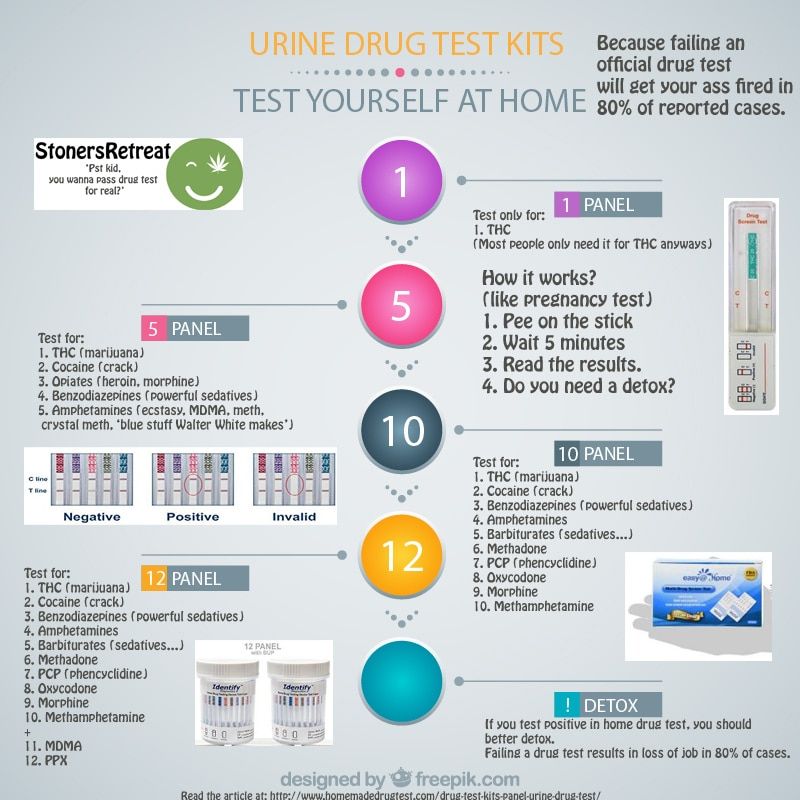 And they ended faster, and then they completely disappeared.
And they ended faster, and then they completely disappeared.
Fact No. 2
The effect of antidepressant treatment will not be immediateIncrease the dose of antidepressants gradually to reduce side effects. They usually start with the minimum, and then bring it up to the working one. For example, for SSRIs with the active ingredient "sertraline", the working dose is from 100 mg per day. I started taking such a drug with 25 mg, and then gradually, in several steps, under the supervision of a doctor, raised the dose to 100 mg.
SSRI dosage - NHS
What doses of antidepressants will be optimal - an article in The Lancet
The process of reaching a working dose can take from two weeks to a month or more. It depends on the drug and its tolerance. I turned out to be sensitive to the medicine, it was hard for me to survive every increase in dosage: anxiety increased again, there were other side effects that then stopped.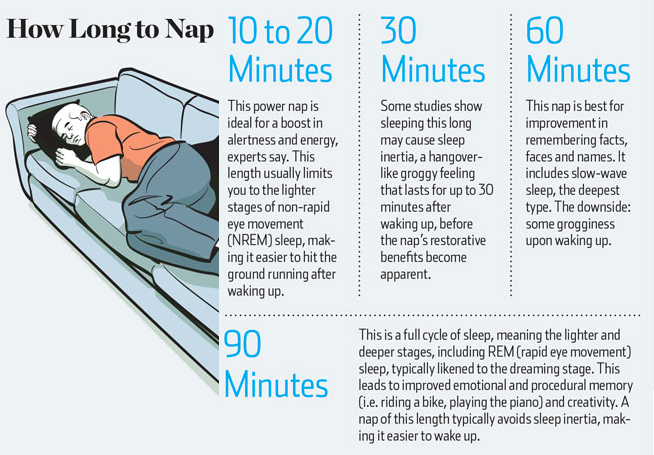 However, this is not the case for everyone, sometimes the process goes faster.
However, this is not the case for everyone, sometimes the process goes faster.
The full therapeutic effect, that is, the disappearance or a strong improvement in the symptoms of the disease, occurs some time after reaching the working dosage. As a rule, this is a week or two, although some positive changes may be earlier. For some people, this process stretches for a longer period: 6-12 weeks. Minimum initial doses of drugs usually do not work.
It is better to prepare for the fact that the symptoms of the disease will not disappear in the first weeks of treatment. And remember - this does not always mean that the drug needs to be changed, sometimes you just need to wait or further increase the dosage under the supervision of a doctor.
Fact No. 3
Antidepressants are usually taken in combination with other drugs Another way to mitigate the side effects of antidepressants is to prescribe an additional drug along with them: for example, from the group of tranquilizers.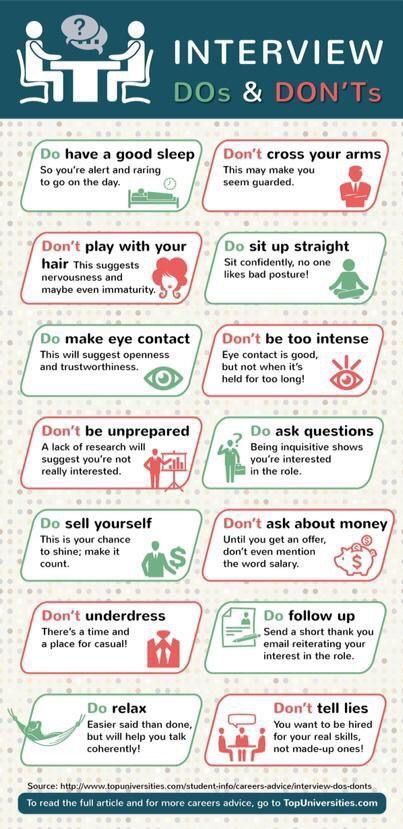 Such drugs may have their own side effects, they should not be taken for a long time. Unlike antidepressants, some of them can be addictive. They are usually appointed for a month, but this period may be shorter or longer.
Such drugs may have their own side effects, they should not be taken for a long time. Unlike antidepressants, some of them can be addictive. They are usually appointed for a month, but this period may be shorter or longer.
Antidepressants together with benzodiazepines work better for depression - BMJ magazine
My doctor prescribed a rather mild drug for me. However, he did not suit me. At first, it caused increased drowsiness: during the period of increased anxiety, it went away for a while, but then returned - even with half a pill I turned off and could sleep all day. And if I drank at night, I woke up with difficulty in the morning. The psychiatrist prescribed another medicine, but I could not buy it: the drug was not available in any pharmacy nearby.
As a result, I simply endured all the side effects of therapy - they were unpleasant, but tolerable. When discussing with the doctor, she called this option acceptable if the side effects of the second medicine only worsen the situation.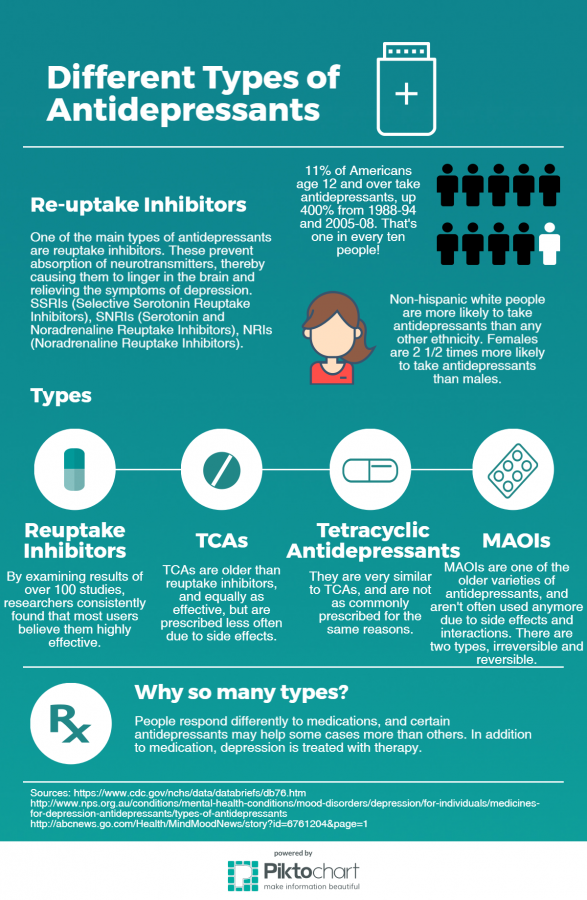
Fact No. 4
Side effects are not always, but they areModern antidepressants, including SSRIs, are mild and have almost no side effects. Older drugs - tricyclic antidepressants and monoamine oxidase inhibitors - cause more side effects. Doctors usually use them when milder first-line drugs don't work or when they can't be prescribed.
Side effects of antidepressants - the National Health Service of the UK
Side effects of various antidepressants - Uptodate
Side effects of antidepressants and their impact on the treatment of a large depressive disorder - the journal NATURE
STRICTIC STRICTIC OF REDITION
. effects of antidepressants - advice from the Mayo Clinic staff
Choosing an SSRI drug does not guarantee the absence of side effects - many people tolerate treatment easily, but sometimes a change in drug may be necessary.
The first couple of weeks of taking there is a risk that the state of health will be so-so - it's worth thinking about.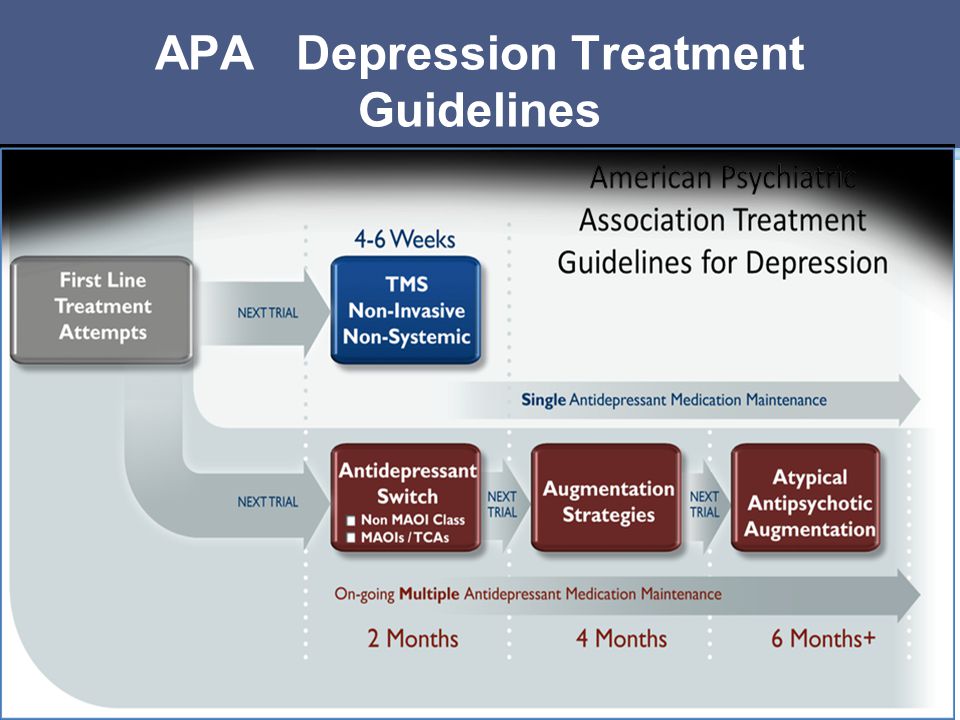 It may be worth scheduling the start of therapy on vacation.
It may be worth scheduling the start of therapy on vacation.
I work remotely, and it was easier for me: the first pill was taken on Saturday, I slept through the weekend. Then she continued to work, but refused any additional loads: housework, part-time jobs, training and everything else.
It was hard work: I wanted to sleep, then I began to worry and get distracted. I also had diarrhea, nausea, headaches, tremors, i.e. hand trembling, hot flashes, sweating, palpitations. At night, panic attacks began, in the morning I had difficulty getting up because I was in pain and dizzy.
There are mixed data on how common the side effects of antidepressants are. If we summarize them, then the numbers look something like this:
- nausea - about 25% feel it;
- diarrhea - it happens in 15% of people, and 5%, on the contrary, will have constipation;
- sweating and a feeling of heat occur in about 20% of people;
- sexual dysfunction, decreased libido may occur in 80% of cases;
- insomnia - in 11% of cases;
- headache and dizziness - in about 10-11% of cases;
- weight gain - not all drugs give this effect.
 Some, on the contrary, can reduce weight. On my medicine, I lost 2 kilograms in the first month, despite the fact that I quit training due to poor health. True, then they returned back.
Some, on the contrary, can reduce weight. On my medicine, I lost 2 kilograms in the first month, despite the fact that I quit training due to poor health. True, then they returned back.
It can be seen that most side effects occur in less than half of the cases. In addition, in most cases they pass in the first weeks and are not dangerous.
Side effects not listed above are very rare. I was "lucky", and I faced one such - a decrease in visual acuity. Once in the morning I noticed that I see worse without glasses. A little later, I realized that something was wrong with the glasses.
I wrote to the doctor, she replied that this happens, as a rule, is not dangerous and passes, but it is better to visit an ophthalmologist. I went to the ophthalmologist, everything was fine with my eyes, there was nothing terrible, but my vision really worsened - it was not a subjective feeling. On the right eye, it was -0.5 diopters, it became -0.75, and on the left eye it was -1. 5, and it became -3.5.
5, and it became -3.5.
I was offered to try changing the drug, but I decided to wait. Vision was then restored. I have not yet gone to the doctor to have it measured, but according to subjective feelings, it is at the same level as before: I am comfortable again in my glasses.
Side effects should not be tolerated - if something greatly worries, scares or interferes with life, it is better to tell the doctor right away. The psychiatrist will be able to determine whether the side effect of the drug is dangerous and whether it is worth continuing to take it. There are several antidepressants of the SSRI group, in addition, there are groups of drugs with a slightly different mechanism of action. As a rule, doctors manage to find a medicine that gives a good effect without side effects.
If there is no danger, the doctor can adjust the dose or increase it more gradually - this often helps to cope with unpleasant effects.
I wrote to the doctor again when my visual acuity decreased Fact No.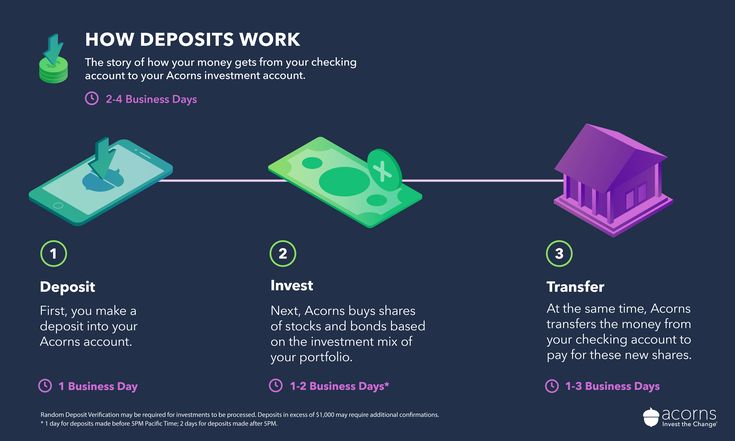 5
5
Antidepressants are not drugs that you can stop drinking as soon as you get better. They are taken for a long time: usually from several months, less often several years.
Anxiety Therapy - UpToDate
For example, for generalized anxiety disorder, the duration of treatment is at least a year. Moreover, the date is not counted from the very beginning, but from the moment when a lasting effect appeared from the pills. In fact, they will have to be drunk for about 1.5 years - it depends on how long it takes to reach the working dosage of the medicine.
The cost of a package of the most famous antidepressant "Zoloft" is about 700 R, enough for about a month. That is, a course of therapy will cost about 10,000 R - maybe more or less, depending on which drug is selected.
Psychotherapy review - UpToDate
Another drug of the same group already costs more than 2000 R per pack. Source: rigla.ru The cost of an appointment with a good psychiatrist in Moscow is 3000-5000 R.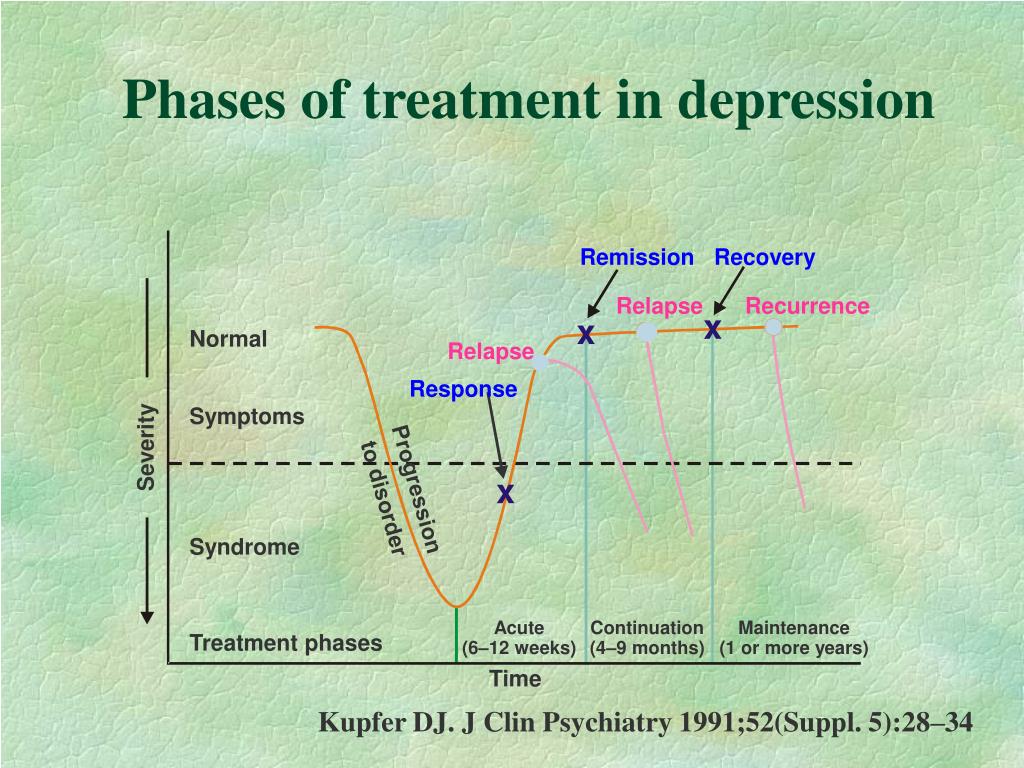 At first, you will need to visit him about once every 1-1.5 months, then less often.
At first, you will need to visit him about once every 1-1.5 months, then less often.
You can apply to the psycho-neurological dispensary at the place of residence under compulsory medical insurance - it's free. At the same time, they will not put you on psychiatric registration: it was canceled in 1993. People with disorders that do not threaten their lives or those around them are on consultative and diagnostic care. If you stop going to the doctor, he will not find out what happened: a person seeks help at will.
Psychotherapy, usually cognitive-behavioral, is also commonly prescribed to enhance and sustain the effects of antidepressants. In many cases, it improves the effectiveness of drugs, including depression and generalized anxiety disorder. An appointment with a psychotherapist in Moscow costs an average of 5000 R. For treatment, you will need about 10 sessions or more.
/psychotherapy/
How psychotherapy works
Fact No.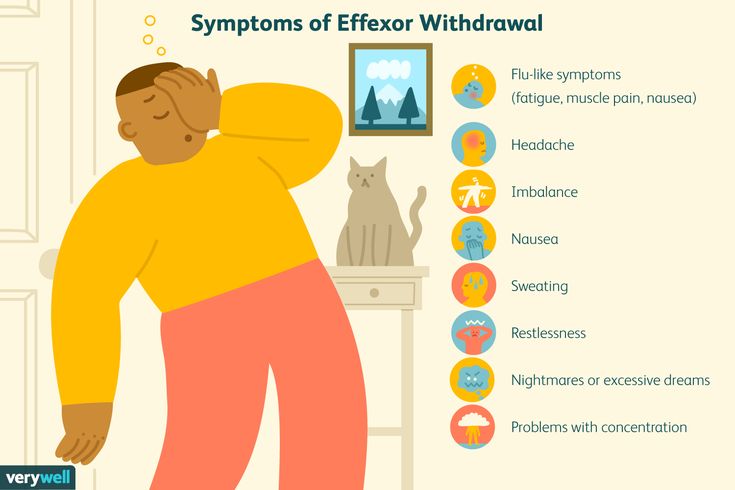 6
6
Antidepressants do not develop dependence. However, if you abruptly stop drinking them, there will be a withdrawal syndrome. This is felt as electric current discharges while moving or turning the head, headaches, dizziness, insomnia. Many people experience symptoms similar to the flu or an intestinal virus: low fever, diarrhea, general malaise, chills. Often there is anxiety, there are intrusive images.
Withdrawal symptoms after taking serotonin reuptake inhibitors - Journal of Clinical Psychiatry
How difficult it is to stop taking antidepressants - American Psychological Association
Stopping antidepressants in adults - UpToDate
treatment, they should be canceled only under the supervision of a doctor.
Antidepressant withdrawal occurs as gradually as the start of treatment. The dosage is slowly reduced, usually at this time again a cover-up drug is prescribed to alleviate side effects.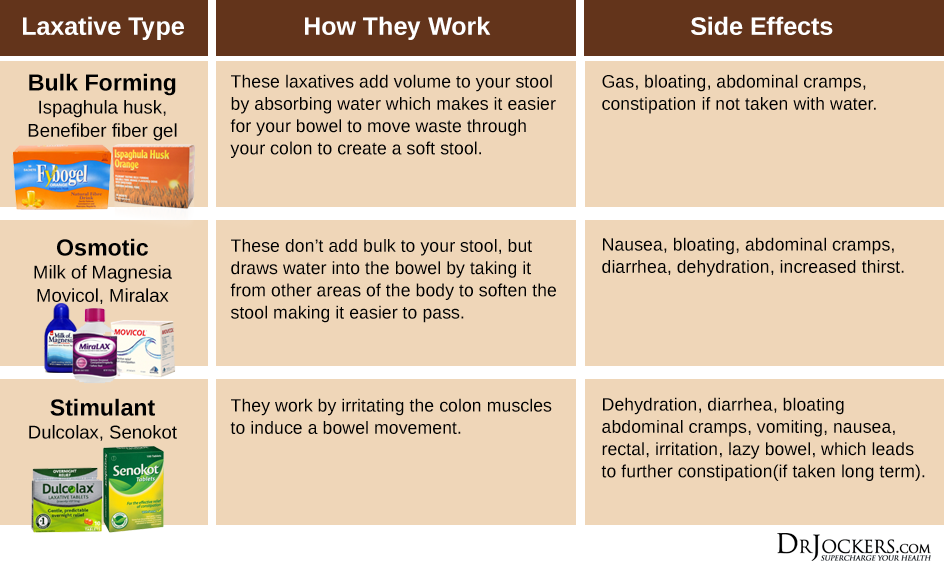 As a rule, this is the same medicine that was at the beginning of the intake.
As a rule, this is the same medicine that was at the beginning of the intake.
Withdrawal is usually harmless and resolves within the first weeks of stopping the drug. Sometimes even within a few days - it still depends on which medicine was prescribed. If severely disturbing symptoms appear during the withdrawal period, you should consult a doctor.
Fact No. 7
If you need to change the drug, everything will start overIt is far from always possible to immediately find the right antidepressant - sometimes the side effects do not go away and you need to take a new one.
Changing antidepressants in adults - UpToDate
Serotonin syndrome - MSD
Most often, it is started again with a small dosage, this delays the process of obtaining the effect of treatment. The new drug may also have side effects - the same or different. We will have to wait again until they pass.
You won't be able to change the drug on your own, since all antidepressants are sold only by prescription - and that's good.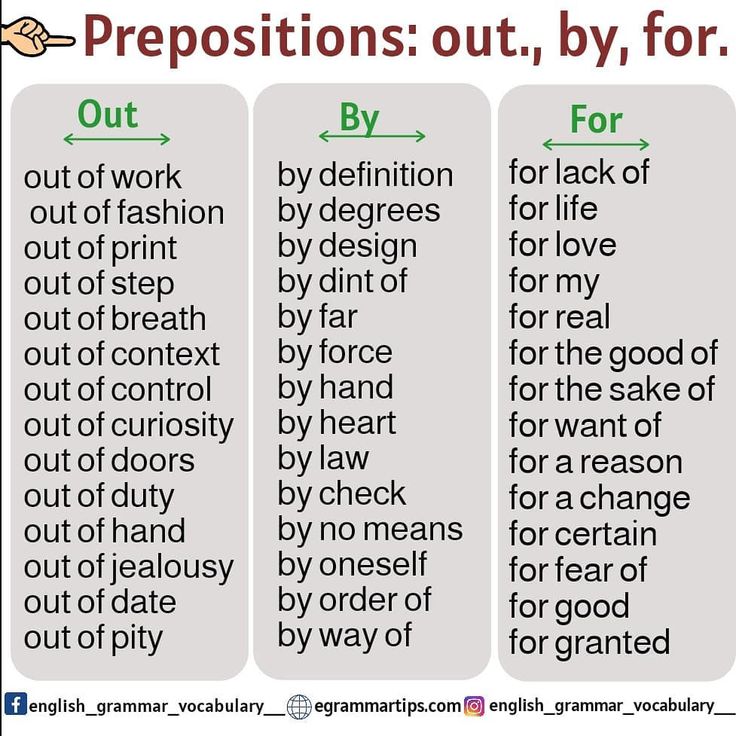 Switching from one drug to another can be dangerous if you do not know the characteristics of different groups of drugs.
Switching from one drug to another can be dangerous if you do not know the characteristics of different groups of drugs.
For example, taking SSRIs is possible only some time after the withdrawal of antidepressants from the group of monoamine oxidase inhibitors - due to the risk of developing serotonin syndrome. This is a potentially fatal condition, accompanied by a change in mental state, high fever, increased muscle tone and other symptoms.
If the drug is changed correctly, there will be no dangerous negative effects, so consultation with a doctor is required.
/psychotherapy-search/
How to choose a psychotherapist
Fact No. 8
Among antidepressants there are original drugs and generics Preparations may be original or generic. Originals are medicines first released by some pharmaceutical company that have passed all clinical trials and checks. Generics are drugs with the same active ingredient from another pharmaceutical company, that is, copied from the original drug.
Theoretically, the action of generics should not differ from the action of original drugs. However, this is possible, since generics may contain other additional substances or the manufacturer may use other raw materials.
Due to my anxiety, I did not read anything in detail about specific drugs before I bought my first antidepressant in a pharmacy so as not to be scared and not think about taking it. I also didn’t think to ask the doctor about this question.
/list/covid-depression/
Psychoneurological complications after covid: memory problems and depression
As a result, I first bought a generic because it was in stock. Then it turned out that, after all, according to the experience of my psychiatrist, the original drug often gives fewer side effects and is better tolerated. As a result, I changed the generic to the original drug - and, indeed, the side effects softened.
In my subjective opinion, which is supported by some data, in the case of antidepressants and other psychotropic drugs, you should always choose the original medicine.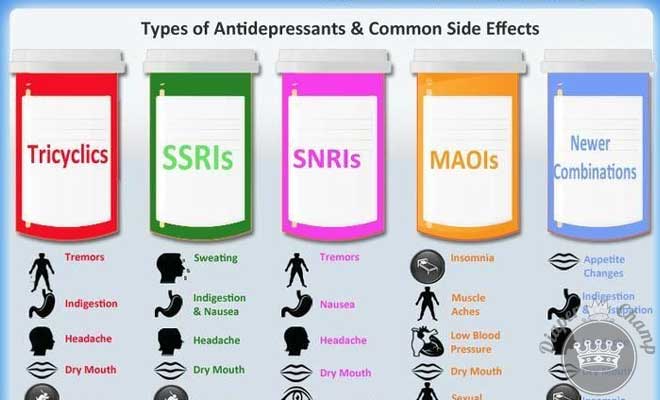 Moreover, the cost of originals and generics is not always very different.
Moreover, the cost of originals and generics is not always very different.
Originals and generics of some SSRIs
| Active ingredient | Original | Original cost | Generics | Cost of generics |
|---|---|---|---|---|
| Sertraline | Zoloft | About 700 R, 100 mg tablets | Serenata, Sirlift | 500-600 R 100mg tablets |
| Escitalopram | Cipralex | 3000 R, tablets 10 mg | "Selektra", "Elycea" | 500-1300 R 10 mg tablets |
| Fluoxetine | Prozac | About 350 R, 20 mg tablets | Profluzak, Fluoxetine | 100-200 R, tablets 20 mg |
CERTRALIN
Original
"Zoloft"
Original cost of the original
about 700 r, tablets 100 mg
Generies
"Serenata", "Cerelift"
The cost of Jeeneriki
9000 500-600 r. , tablets 100 mg
, tablets 100 mg Escitalopram
Original
Cipralex
Original price
3000 r, tablets 10 mg
generics
“Chektra”, “Elice”
The cost of generics
500-1300 r, tablets 10 mg
Fluoxetine
“Przak”
cost
cost cost
Cost cost cost original
About 350 R, tablets 20 mg
Generics
Profluzak, Fluoxetine
Cost of generics
100—200 R, tablets 20 mg
one remained unclaimedFact No. 9
Do not take alcohol along with antidepressantsDrinking alcohol while taking antidepressants may exacerbate unpleasant side effects. Also, alcohol is a depressant, that is, it has the opposite effect, and its intake can adversely affect the results of treatment.
Why you shouldn't mix antidepressants and alcohol - Mayo Clinic
Alcohol is strictly forbidden to drink with some groups of antidepressants, for example, tricyclic antidepressants and monoamine oxidase inhibitors: combination with the latter, for example, can lead to an uncontrolled increase in pressure. MAO inhibitors in general require a special diet - it is unlikely that a doctor will prescribe such drugs as the first antidepressants, but if necessary, he will issue a list of what is allowed and prohibited.
MAO inhibitors in general require a special diet - it is unlikely that a doctor will prescribe such drugs as the first antidepressants, but if necessary, he will issue a list of what is allowed and prohibited.
With other antidepressants, moderate use may not be dangerous and may even pass without consequences, but doctors still recommend abstaining so as not to increase side effects and improve treatment outcome.
The main thing is not to temporarily stop taking the drug in order to drink. This can lead to the development of a withdrawal syndrome.
/trevoga/
How I Treated Generalized Anxiety Disorder under CHI
Fact No. 10
Antidepressants are incompatible with certain drugs and have contraindications It is important to tell your doctor what medications you are taking and what chronic illnesses you have. For example, SSRIs may not be suitable for epilepsy and bleeding disorders, and tricyclic antidepressants are usually not prescribed for those who have recently had a heart attack, suffer from glaucoma, or porphyria.
Antidepressant Warnings - NHS
Drug Compatibility Test - Drugs.com
It is also important to be careful if you are about to take any over-the-counter medicine. For example, ibuprofen, which people often take on their own to relieve pain and reduce fever. It should not be taken with SSRIs as it increases the risk of gastrointestinal side effects.
If it is not possible to consult a doctor before taking any medication, carefully read the instructions for it and your antidepressant. It is also worth informing all doctors who prescribe something to you during the therapy period about taking antidepressants.
Guide to antidepressants: how do they work?
Treatment
Depression of the Health Guardian Guest
Davydovsp.p.Center
13 JULY 2022
200875 9000 this is a pressing issue. This time, with the help of Maria Danina, Candidate of Psychological Sciences, our authors have compiled a short guide to antidepressants.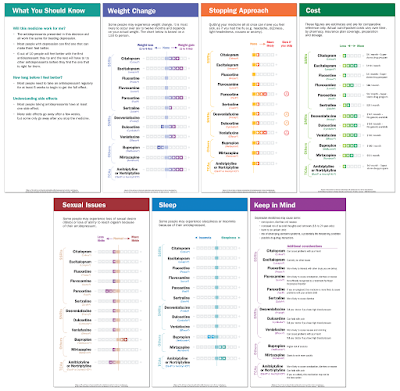 Their types, principles of operation and device. All basic concepts in one text.
Their types, principles of operation and device. All basic concepts in one text.
Depression is quite common: according to WHO, more than 300 million people of all ages and genders suffer from it worldwide.
As defined by the American Psychiatric Association, this serious illness can take many forms, vary in severity from person to person, and coexist with other conditions that cause similar symptoms, such as anxiety disorders.
Since the causes of depression are related to disorders of the brain, it is useless to call on patients with depression to "pull themselves together" - its symptoms cannot be overcome by willpower, just as it is impossible to influence the brain by willpower.
“Mood is our subjective experience, that is, what we can become aware of and what we can give an account of. At the heart of any psychological phenomenon are complex and multi-level processes that take place in our nervous system. In particular, neurochemical ones,” explains Maria Danina, senior researcher at the Laboratory of the Scientific Foundations of Psychotherapy, Candidate of Psychological Sciences.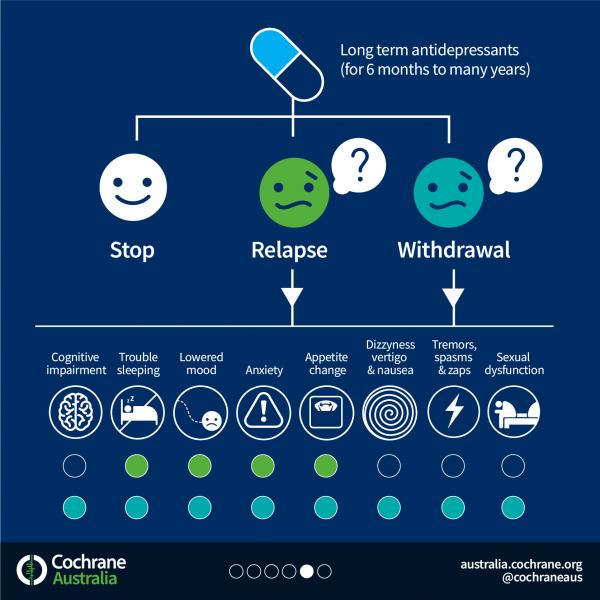
According to her, according to the monoamine theory, three different monoamine neurotransmitters contribute to depressive symptoms. Moreover, neurotransmitters do not "trigger" the disease by themselves, but affect certain processes, which, in fact, lead to depression.
First, it is dopamine, which is involved in the motivation system. A lack of dopamine can lead to anhedonia—that is, the inability to experience pleasure.
Secondly, it is norepinephrine. It is involved in the regulation of our daily activities. Its deficiency is associated with psychomotor retardation (when a person begins to move and speak more slowly than usual).
And third, serotonin. Which is involved in the control of the sensitivity of the pain system, suppresses pain signals and negative emotions.
Lack of serotonin leads to increased pain, negative emotions and anxiety. In addition, due to a lack of serotonin, obsessive states develop, associated with constantly recurring thoughts about the past and the causes of one's current state, which are difficult to get rid of - psychiatrists call this rumination.
“In addition to lowering the level of neurotransmitters, other groups of biologically active substances, such as glucocorticoids, can contribute to depression,” says Maria Danina. - Let's say that the level of the famous "stress hormone" cortisol also increases with depression - and this in turn leads to a lack of dopamine. Monoamine levels can be affected by thyroid hormones and the sex hormones estrogen and progesterone.”
However, many factors can trigger clinical depression, such as hereditary predisposition, low self-esteem, difficult life circumstances, severe stress, and chronic diseases. And therefore, we cannot “shift all the blame” only on violations in the brain, emphasizes Maria Danina.
Neurotransmitters and their effects depending on deficiency or excessLife in the "serotonin pit"
An alternative to the monoamine theory, which, from the point of view of many scientists, can no longer be considered the main one, is the biopsychosocial model of depression.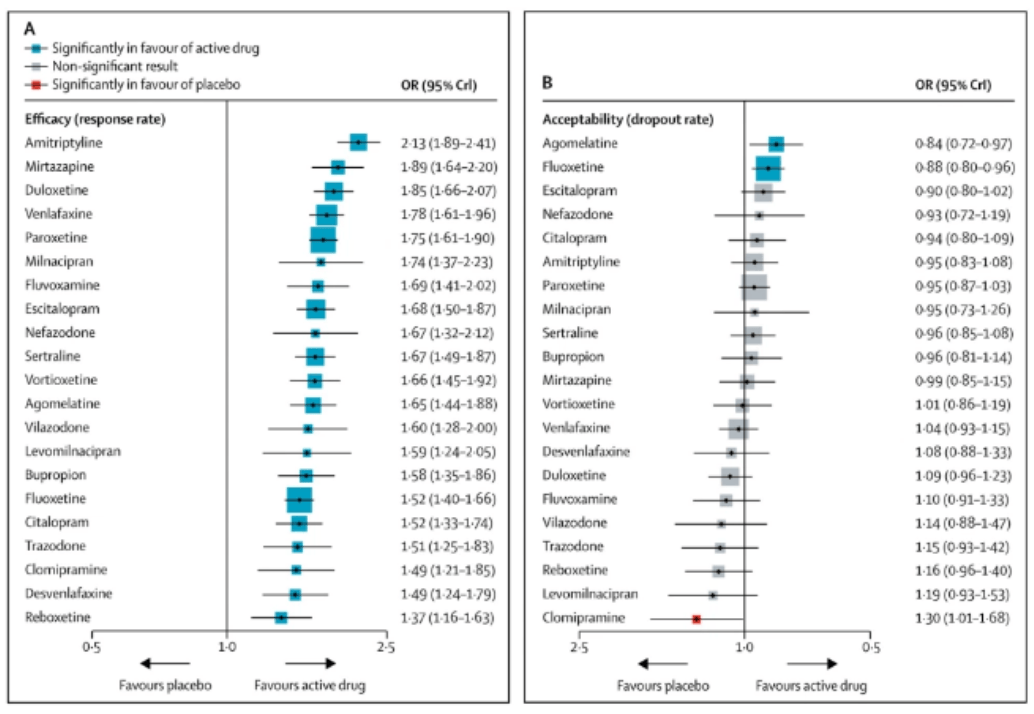 In accordance with it, the development of the disease is influenced not only by biological, but also by psychological factors.
In accordance with it, the development of the disease is influenced not only by biological, but also by psychological factors.
“A person may experience loss (grief) or severe frustration of their needs (stress). As a result, his neurochemistry also changes,” explains Danina. “But this is the so-called normal “mourning process.” Doctors talk about reactive depression only if, even after months, a person continues to experience all the same unpleasant sensations, and over time, his condition only worsens.
In some people, however, the functional characteristics of their neurons make them more prone to depression. Such patients "start" the process does not require external circumstances. And their depression has a non-reactive "endogenous" character.
In both cases, in addition to psychotherapy, doctors prescribe antidepressants, that is, drugs that can affect neurotransmitters in the brain, as medical help.
There are five classes in total. Each of which affects the brain in its own way.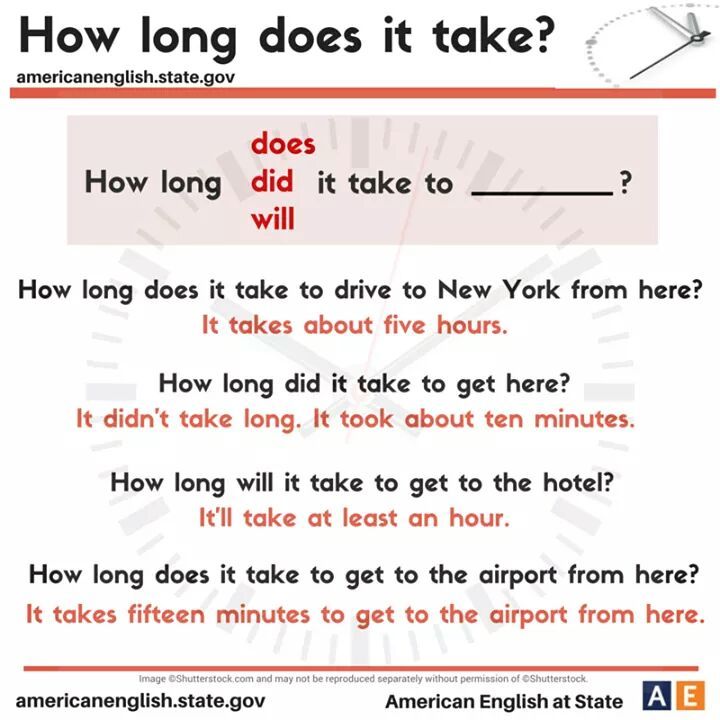
1. Selective serotonin reuptake inhibitors (SSRIs).
SSRI drugs increase serotonin levels. This helps to more accurately regulate mood and gradually overcome moderate to severe depression. These drugs do their job by "forbidding" neurons to absorb serotonin from the synaptic gap between neurons. As a result, neurons are able to communicate better.
SSRIs have fewer side effects than other classes of antidepressants. For example, in case of an overdose, they do not disrupt cardiac conduction and do not lead to convulsions.
However, the side effects are still there and quite serious - from increased suicidal thoughts to sexual dysfunction, drowsiness, dry mouth, dizziness and headache.
In addition, all drugs that increase the level of serotonin in the brain can cause serotonin syndrome - a situation where the neurotransmitter becomes too much.
Serotonin and signal transmission through nerve cells. In serotonin syndrome, the person becomes overexcited, restless, sweats and has an increased heart rate.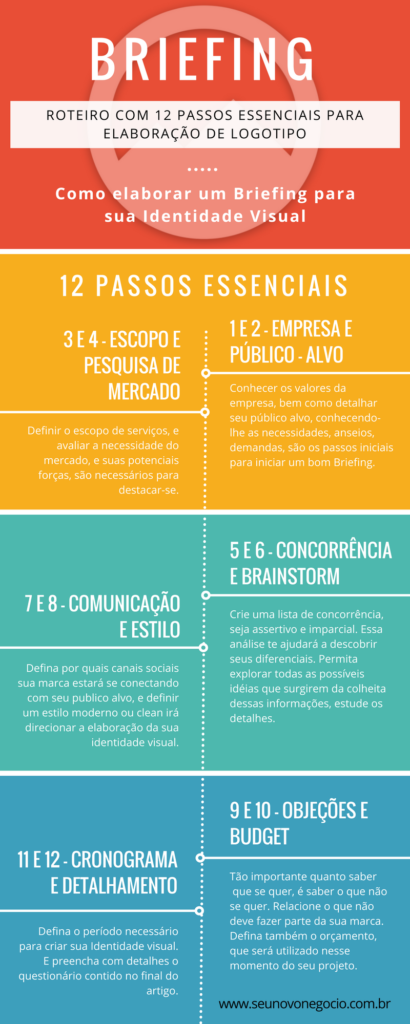 That is why being treated simultaneously with two antidepressants that increase serotonin levels is dangerous to life and health.
That is why being treated simultaneously with two antidepressants that increase serotonin levels is dangerous to life and health.
2. Selective serotonin and norepinephrine reuptake inhibitors (SNRIs).
SNRIs work in much the same way as SSRIs, with one difference. Drugs “forbid” neurons to absorb not only serotonin, but also norepinephrine, a neurotransmitter that is involved in the regulation of emotions and thought processes.
And since norepinephrine works closely with serotonin and dopamine, SNRIs are thought to increase attention, focus, and improve memory.
The indications and side effects of SNRIs are very similar to those of SSRIs. There are few advantages of this class of drugs over SSRIs, but for some patients they are better suited.
3. Atypical antidepressants.
This class includes drugs with different modes of action that have only one thing in common - these drugs are not like SSRIs and SNRIs.
Although some drugs in this class also "prohibit" neurons from taking up serotonin, like reuptake inhibitors, some of them can act on receptors for other neurotransmitters. This allows you to fine-tune the sensitivity of neurons to one or another substance.
It is worth noting that the components of some atypical antidepressants - say, bupropion - are listed in the note to the list of psychotropic substances subject to control in the Russian Federation. And although this tool is approved by reputable international medical organizations - for example, the US Food and Drug Administration (FDA), it cannot be legally purchased in Russia.
The side effects of this class of drugs depend on the specific drug. For example, some atypical antidepressants make you sleepy, while others, on the contrary, invigorate. To choose the right medicine, the doctor must take into account the peculiarities of the legislation, individual symptoms and the patient's health status.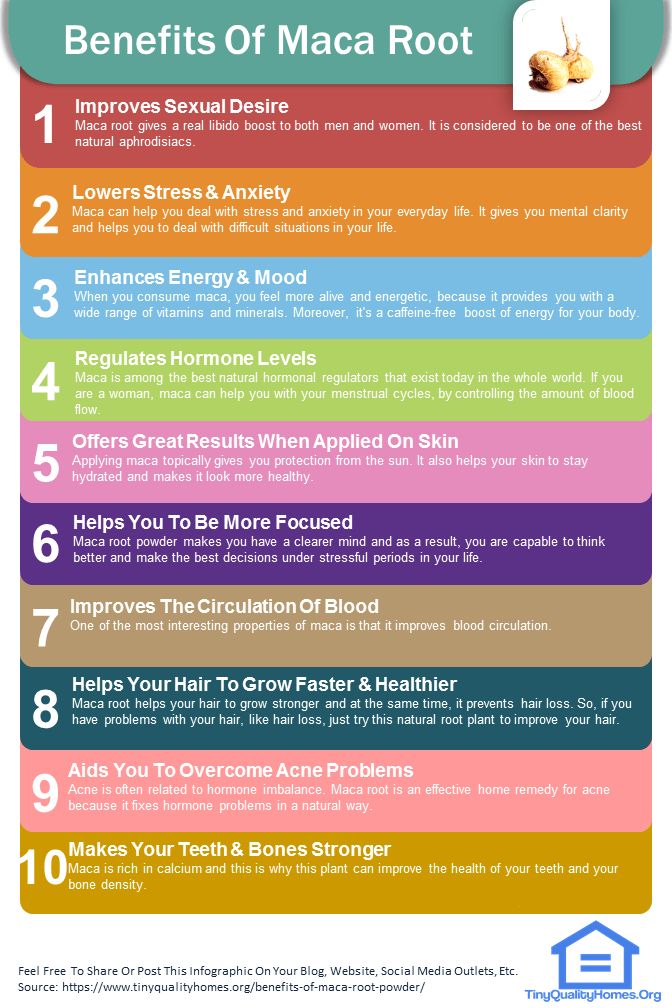
4. Tricyclic antidepressants (TCAs).
All drugs in this class are thought to increase the levels of norepinephrine and serotonin in the brain, much like SNRIs do.
But TCAs have a very important difference - they are able to act on brain receptors that bind to other substances. In overdose, this leads to severe side effects, such as seizures and complete heart block. And although TCAs are quite effective, drugs from this group today are trying to use as little as possible.
5. Monoamine oxidase inhibitors (MAOIs).
This class of drugs "turns off" monoamine oxidase, an enzyme that breaks down norepinephrine, serotonin, and dopamine in the brain. As a result, neurotransmitters are not destroyed and remain in the synaptic cleft for a long time.
Unfortunately, MAOIs have many side effects, including high blood pressure, weight gain, swelling, sexual dysfunction, and suicidal ideation. So today, drugs of this class are used only under strict medical supervision and as a last resort - if other antidepressants have not helped.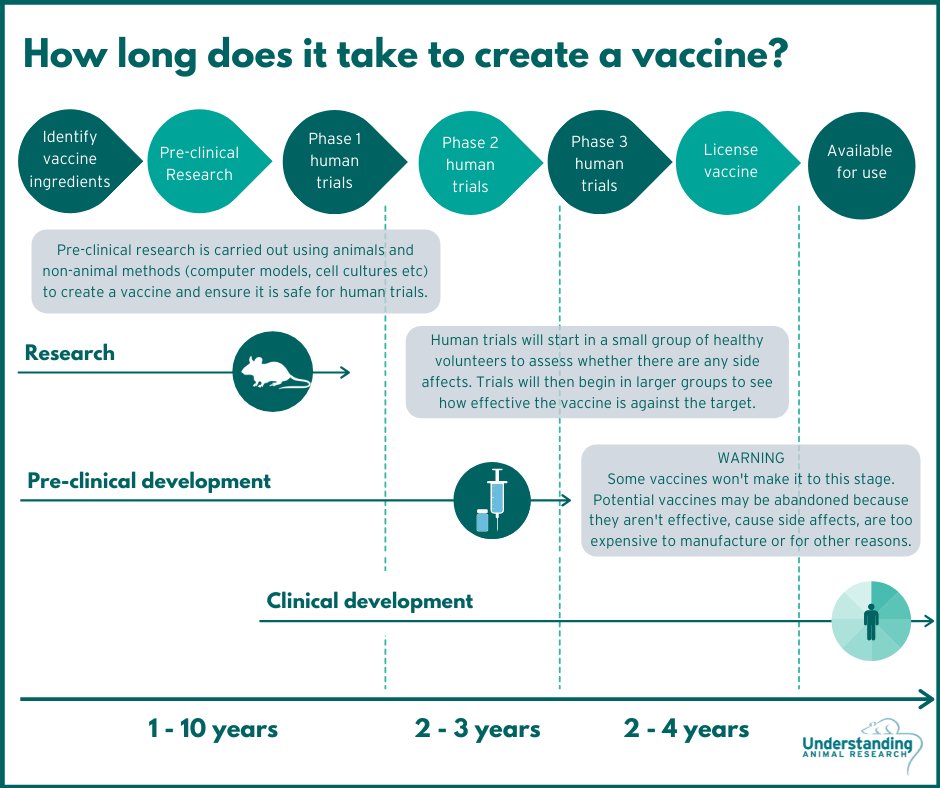
Is it possible to do without antidepressants?
In medicine, there is the concept of a balance of benefits and harms. This is exactly what the old medical saying about medicines says, which "cure one thing - cripple another." When deciding to prescribe an antidepressant (or any other powerful drug), the doctor always thinks about whether it will benefit a particular patient.
related
Society
"You will burn in paradise!" Is depression really permanent?
- DepressionMedicineRussia
Of course, antidepressants are drugs with serious side effects, the abuse of which will not lead to anything good. However, this does not mean that the life of a person with depression without antidepressants will be any better.
What happens if you stop taking the antidepressants prescribed by your doctor? The biggest risk is the return of depression. Moreover, 80% of patients who abruptly stop taking antidepressants develop a withdrawal syndrome. This condition appears within a few days after discontinuation and can last up to two weeks.
Moreover, 80% of patients who abruptly stop taking antidepressants develop a withdrawal syndrome. This condition appears within a few days after discontinuation and can last up to two weeks.
From a medical point of view, it is not too dangerous, but the sensations can be quite unpleasant.
Withdrawal symptoms can be divided into four groups:
- gastrointestinal: nausea, vomiting, diarrhea and abdominal cramps;
- somatic: headaches, lethargy and sweating;
- sleep-related: insomnia or excessive sleepiness, nightmares;
- affective: restlessness, agitation and bad mood.
To avoid withdrawal syndrome, the doctor should gradually reduce the dose of antidepressants. This may take several weeks or even several months.
Moreover, not only giving up antidepressants on your own, but also “prescribing” them to yourself without consulting a specialist is harmful.
“If you have symptoms of depression that do not go away for more than two weeks, this is an occasion to consult a psychiatrist. The sooner the better, because early treatment gives a better prognosis,” Maria Danina sums up.
The sooner the better, because early treatment gives a better prognosis,” Maria Danina sums up.
Sometimes doctors have to try several different antidepressants to find the right one for you. But it will not be possible to do without a specialist: only during a personal examination, the doctor can confirm the diagnosis and prescribe treatment, she emphasizes.
Where to go for depression?
There are several exits here:
- neuropsychiatric dispensary at the place of residence (free of charge),
- psychiatric hospital (free of charge),
- private clinic (extra charge),
- private doctor (for a fee).
Of all the options described for the treatment of depression, the last three options are preferred.
Also, whether you have a confirmed diagnosis of depression, are on medication, or only suspect you have an illness, you may need support - informational or emotional.
At the time of publication of the article for people who suspect depression, there are:
- Twenty-four-hour hotline of the Moscow Service for Psychological Assistance to the Population: from a landline for Moscow residents - 051, free of charge; from a mobile phone - 8-495-051 *, only the services of a telecom operator are paid according to the tariff plan.
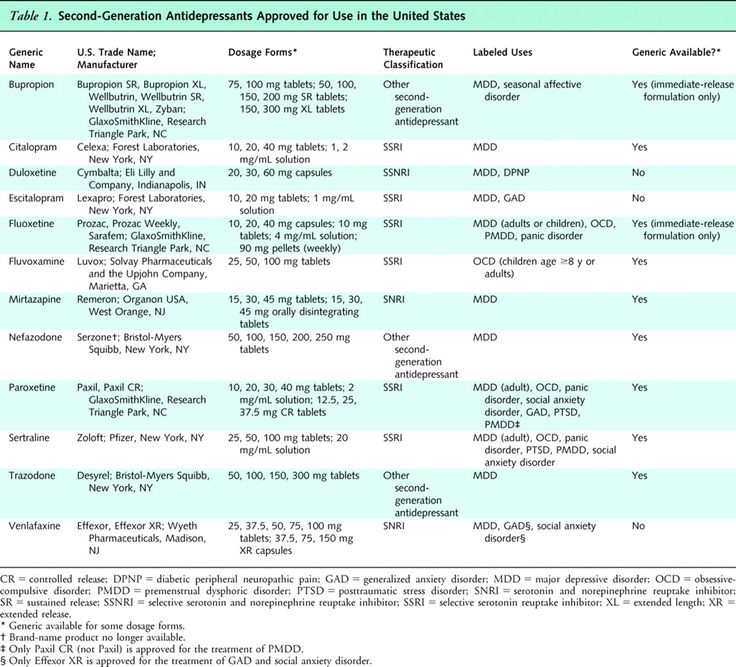
Learn more

